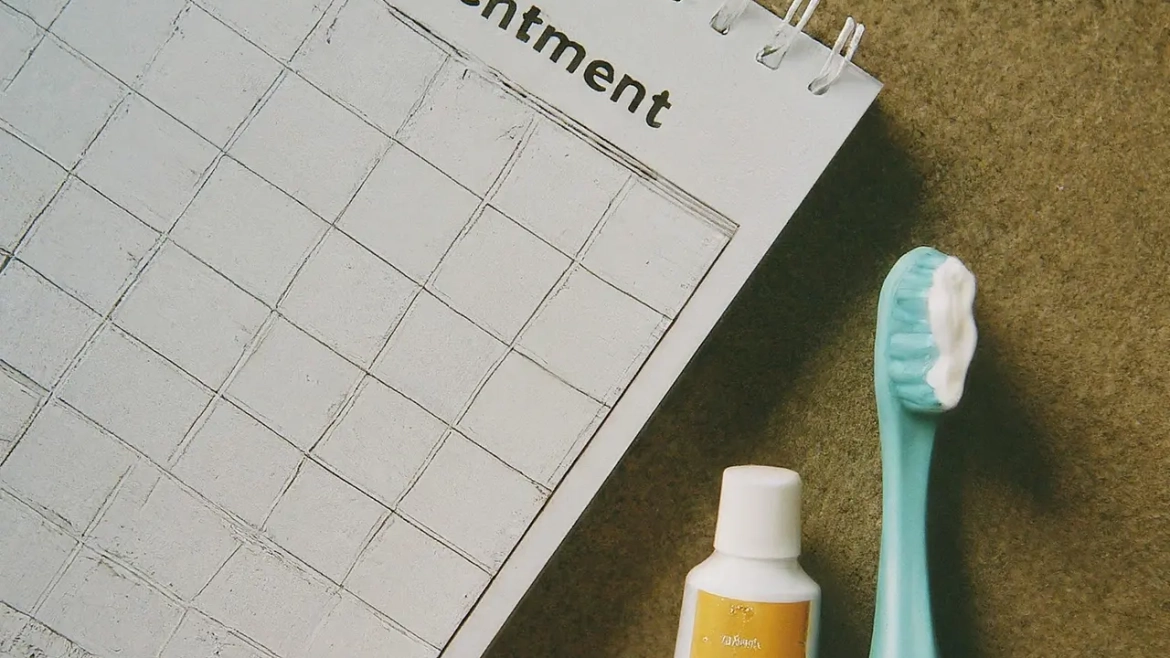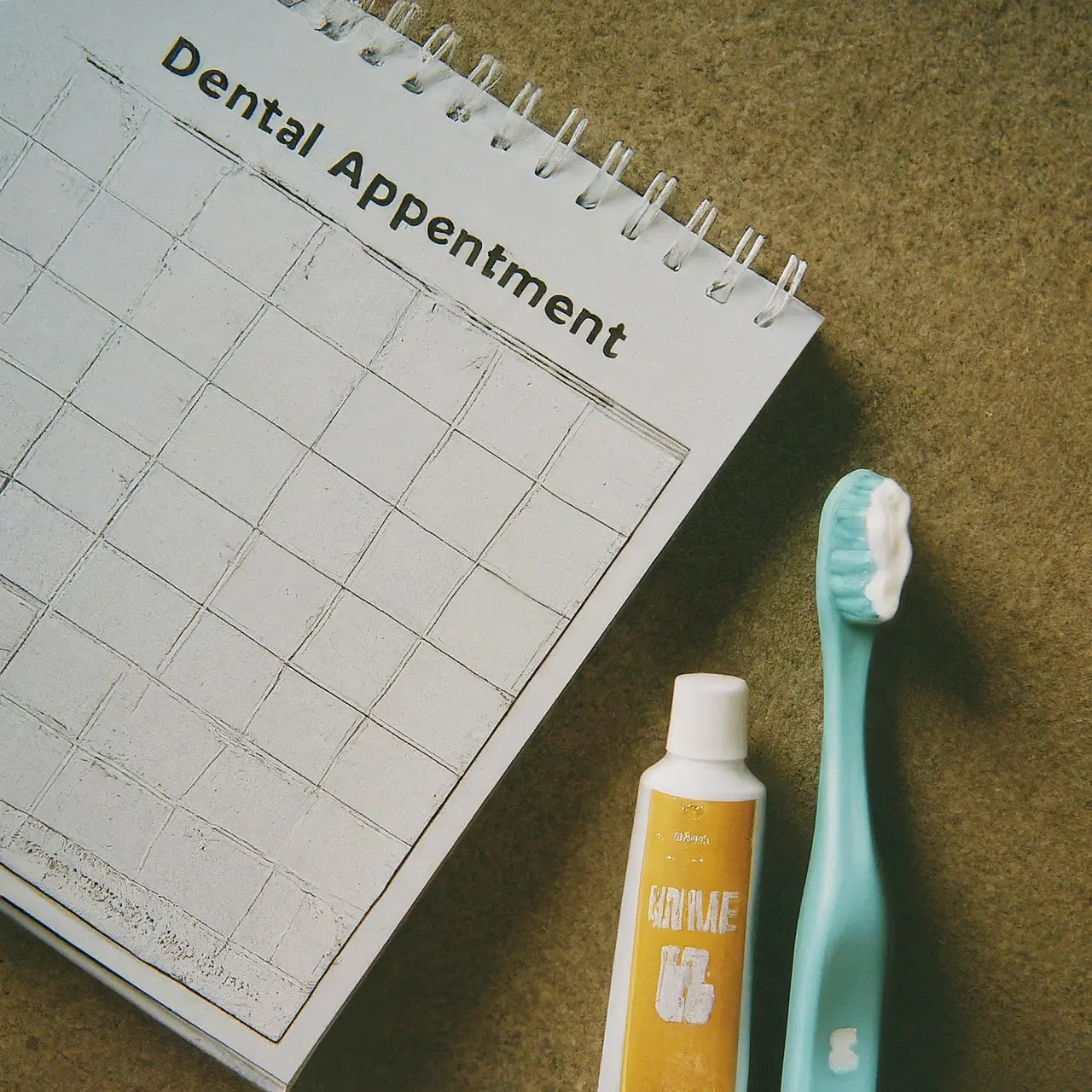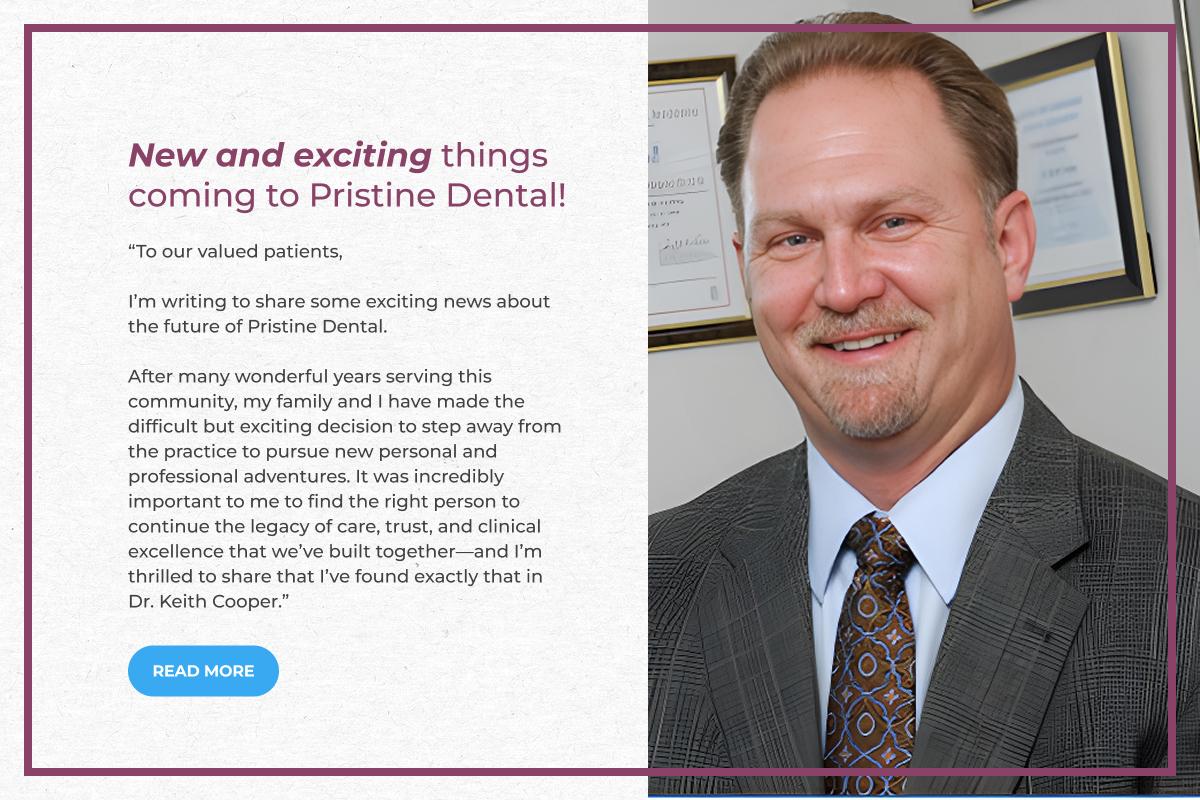Understanding the importance of pediatric dentistry is crucial for your child’s oral health. In a simple and engaging manner, we’ll explore how often your child should see a pediatric dentist to ensure their smile remains bright and healthy. Whether you’re navigating your child’s first dental visit or establishing a routine, this guide is designed to provide clear answers.
The Role of Pediatric Dentistry
Pediatric dentistry plays a pivotal role in the overall health of your child. Specializing in the oral health of infants, children, and adolescents, pediatric dentists are equipped with the skills and tools necessary to address the unique dental needs at each stage of a child’s growth. Regular visits enable these specialists to detect potential dental issues early on, ensuring timely interventions that can prevent more extensive treatments down the line.
Moreover, pediatric dentists are also incredibly adept at handling the specific psychological needs of children, making visits to the dentist a less daunting experience. This cultivation of positive encounters with dental care from an early age is fundamental in encouraging lifelong healthy oral hygiene habits.
First Visit: When to Start
A child’s first visit to the dentist is a milestone event in their health care journey. The American Academy of Pediatric Dentistry recommends that a child should visit a pediatric dentist by their first birthday or within six months after their first tooth emerges. This early introduction to dental care is crucial for setting the stage for healthy oral habits and allows the dentist to provide important preventative care advice that can steer clear of potential dental problems.
Routine Check-Ups: How Often?
So, back to our pressing question: How often should your child visit a pediatric dentist? The consensus among dental professionals, including the American Dental Association, is that children, like adults, should have dental check-ups at least twice a year. These biannual visits are critical for the early detection of tooth decay, monitoring the development of the child’s teeth and jaws, and for providing timely interventions if necessary.
However, it’s important to remember that every child is unique. Some may require more frequent visits due to specific dental challenges or increased risk of tooth decay. Your pediatric dentist will be able to recommend a customized visitation schedule based on your child’s individual needs.
Recognizing Common Dental Problems in Children
Early detection is key when it comes to addressing dental problems in children. Cavities (dental caries) are among the most common dental issues in pediatric dentistry. Symptoms can include pain, sensitivity to hot or cold, and visible holes or pits in the teeth. However, not all dental problems present clear signs, making regular visits to a pediatric dentist essential for early detection and treatment.
Other common issues include gum disease, impacted teeth typically related to wisdom teeth in older children, and dental emergencies such as a broken tooth. Educating yourself and your child on the signs to watch for and maintaining a routine of check-ups can significantly minimize the impact of these problems.
The Impact of Good Oral Hygiene Habits
Good oral hygiene practices are the cornerstone of preventing dental issues and ensuring a healthy smile for your child. Pediatric dentists emphasize the importance of establishing a daily routine of brushing twice a day and flossing regularly. These habits, combined with healthy eating and limiting sugary snacks, can drastically reduce the risk of cavities and other dental problems.
Furthermore, incorporating fun into the routine, such as using a timer for brushing or choosing a toothpaste with a favorite character, can motivate children to maintain these practices. Pediatric dentists often have additional tips and tricks for making oral care engaging for children, which can be discovered during a routine visit.
What Happens During a Pediatric Dental Visit?
Understanding what to expect during a pediatric dental visit can ease any apprehensions your child may have. A typical visit often involves a comprehensive examination of your child’s teeth, gums, and jaw, to evaluate their oral health and development. The dentist may also clean the teeth to remove any plaque or tartar buildup, and apply topical fluoride to help protect the teeth against decay.
In addition to these services, the visit is an opportunity for your child to learn about the importance of good oral hygiene in a fun and understandable way. Pediatric dentists are trained to teach children about brushing and flossing techniques in an engaging manner, setting the foundation for healthy habits that last a lifetime.
Tips for Preparing Your Child for Dental Visits
For many children, the thought of going to the dentist can be scary. However, preparing your child for what to expect can help alleviate some of that anxiety. Start by explaining the purpose of the visit in a positive light, avoiding any language that might cause fear. Reading books about going to the dentist or play-acting a dental visit can also be helpful.
Another effective strategy is to schedule a pre-visit to the dental office, allowing your child to meet the dentist and staff in a non-threatening, fun way. This can help familiarize them with the environment and reduce stress before the actual appointment. Remember, a positive first experience can influence your child’s attitude towards dental care for years to come.
Keeping Smiles Bright: The Path Forward in Pediatric Dentistry
Ensuring your child visits a pediatric dentist regularly is key to maintaining their overall oral health. By following the recommended visitation schedule and being proactive about their dental care, you can help prevent common dental problems and promote a lifetime of healthy smiles. Remember, pediatric dentistry is not just about treating problems; it’s also about preventing them and educating families for a brighter dental future. Discover more about how we can support your child’s dental health journey by visiting our homepage.



